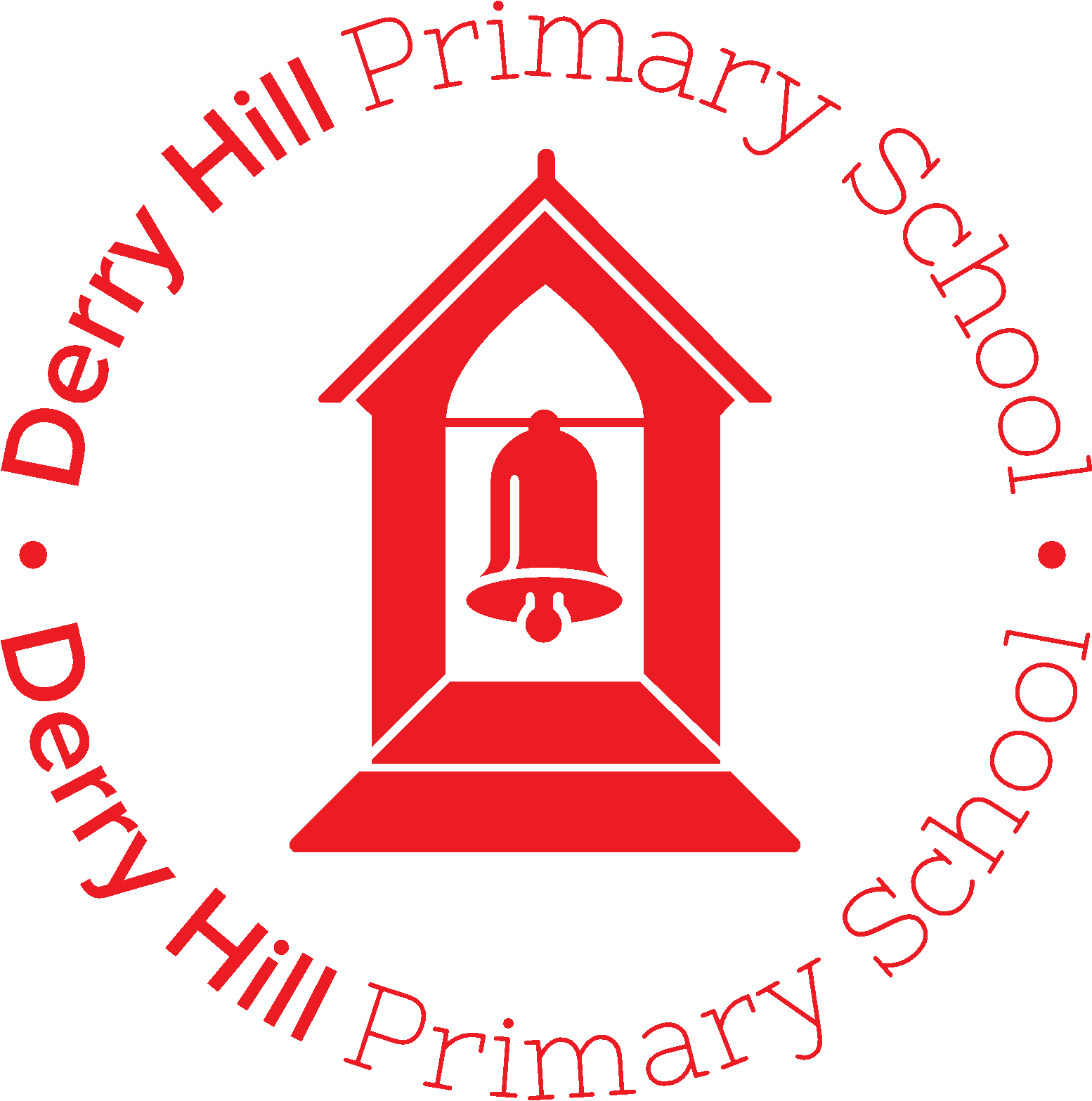Maths
We work incredibly hard at Derry Hill to foster a love of mathematics in every child. We recognise that Maths is a huge part of our everyday lives, so we provide fun, engaging lessons that allow every child to succeed and thrive as well as equipping them for our ever-changing world. All children have numerous opportunities to apply their learning in a variety of different situations whilst building resilience, problem-solving and confidence. A child leaving Derry Hill will leave with the mathematical building blocks needed for their secondary school journey as well as an appreciation of the beauty and power of Maths.
Intent
- Become fluent in the fundamentals of mathematics, including through varied and fluent practice with increasingly complex problems over time, so that pupils develop conceptual understanding and the ability to recall and apply knowledge rapidly and accurately
- Reason mathematically by following a line of enquiry, conjecturing relationships and generalisations, and developing an argument, justification or proof using mathematical language.
- Can solve problems by applying their mathematics to a variety of routine and non-routine problems with increasing sophistication, including breaking down problems into a series of simpler steps and persevering in seeking solutions.
Mastery Teaching
Derry Hill C of E (V.A) Primary School is based upon a fundamental belief that all children can achieve confidence and competence in mathematics, building fluency, a deep conceptual and procedural understanding through prolonged and varied practice.
Small, sequenced steps that are outlined below in our approach to teaching for Mastery, show that children’s work is supported by a range of concrete and pictorial representations that build and deepen conceptual and procedural knowledge.
Children working at mastery can: recall rapidly and accurately mathematical facts; make connections between concepts; use a variety of representations to demonstrate understanding and articulate fully in discussion “how” they have calculated rich and sophisticated problems.
We believe that knowledge is not fixed and explicitly embed a growth-mind set approach into all our children do – through hard work, practice and a willingness to see mistakes as part of their journey – they can succeed. Mathematics is taught in mixed-ability groupings which we believe necessitates vital discussion: the use of accurate and specific mathematical language to explain what is known; validate an idea or reason, develops in our children a deep understanding that underpins all future learning.
Within lessons, reflection time and discussion of vocabulary is built in; this allows opportunities for children to make links and focus. Where possible, working in mixed-abilty pairs or small-groups, children are encouraged to explain what they know using complete sentences and key mathematical language to discuss and express concepts precisely – this is empowering when clarifying understanding and can highlight any possible misconceptions. Maths talk is integral to the structure of teaching at Derry Hill.
Implementation
For a really detailed insight into how we teach Maths, see our Maths policy below.
Impact
The results are life-long learners, who have a love for maths, with the skills to explore new learning, problem solve and apply learning across a range of subjects.
How we check…
Assessment is ongoing to ensure progress and to constantly move learning forward. Teachers assess children’s work in mathematics in three phases.
Formative – throughout the lesson AFL is a continuous process whereby teachers and teaching assistants review through mini-plenaries, targeted differentiated questioning, marking, verbal feedback and pupil’s self-assessment.
Summative – Derry Hill uses PUMA Assessment termly to assess children’s understanding on particular concepts and Insight Tracking (an on-line system) allows teachers to indicate concepts met in order to gauge progression and attainment. Data from assessments is analysed and is fed into the next term’s learning. Particular concepts may be revised for “morning work” and/or key children identified that have specific gaps.
At the end of each unit – Power Maths uses low-stakes “End of unit checks” and mini-tests that enable children to reflect on their own understanding – “Power checks” of that concept and a game “Power play” to consolidate and demonstrate the depth of understanding.
Teachers make long-term assessments towards the end of the school year, and they use these to assess progress against school and national targets. With the help of these long-term assessments, teachers are able to set targets for the next school year and summarise the progress of each child before discussing it with the child’s parents. The next teacher also uses these long-term assessments as the basis when for planning work for the new school year. Children undertake the national tests at the end of Year 2 and Year 6.
Monitoring and review
Monitoring of the standards of children’s work and of the quality of teaching in mathematics is the responsibility of the Maths subject leader and link governors. The work of the Maths subject leader also involves supporting colleagues in the teaching of mathematics, being informed about current developments in the subject, and providing a strategic lead and direction for the subject in the school. The head teacher allocates regular management time to the Maths subject leader so that s/he can review samples of children’s work and undertake lesson observations of mathematics teaching across the school. The subject leader uses pupil voice, learning walks and book looks to ensure consistency and high-quality teaching & learning is evident throughout the school. Members of the school’s governing body are briefed to oversee the teaching of mathematics. The governors meet regularly with the subject leader to review progress.
If you would like to find about more about our maths curriculum please feel free to speak to Mr Heavey who is the subject leader for maths across school.
Curriculum and support documents
Click on the links below to see our maths curriculum and support documents.
